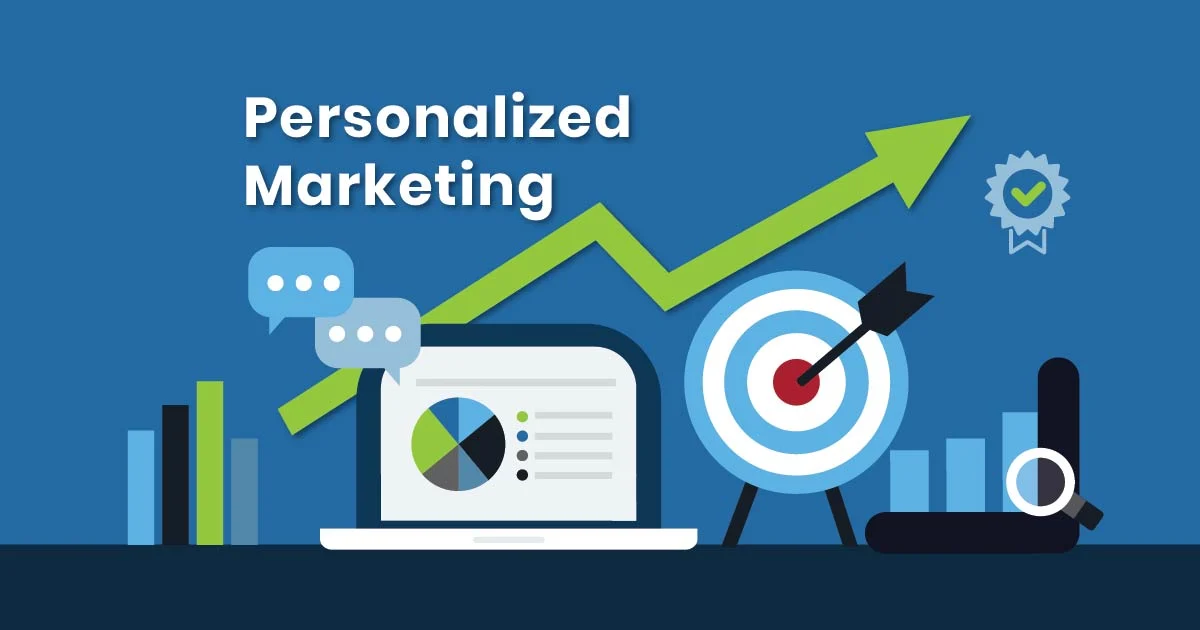The secret to unleashing the full power of digital marketing is personalization. You can create a more engaging and meaningful customer experience that increases conversions and fosters brand loyalty by adjusting your messaging and content to the specific requirements and preferences of your target audience.
In light of this, what precisely is customization in digital marketing and how can your company benefit from it? Let’s start now.
What Does Digital Marketing Personalization Mean?
The process of adapting marketing messages and content to the unique requirements and tastes of your target audience is known as personalization in digital marketing. This can range from personalized email campaigns based on past purchase behavior to personalized product suggestions based on browsing history.
The enormous amount of data that firms have access to through numerous digital channels, such as social media, email, and website analytics, enable personalization. Businesses may raise engagement and conversion rates and strengthen consumer connections by analyzing this data and using it to develop customized marketing strategies.
Personalization’s Influence on Digital Marketing
Personalization in digital marketing has a number of advantages, including:
- Increased Engagement: Personalized content has a higher chance of grabbing your target audience’s attention and keeping them interested in your brand.
- Increased Conversions: You may boost the likelihood of conversions by adjusting your messaging and content to the particular requirements and interests of your audience.
- Enhanced Data Collection: Customers’ interests and behavior can be better understood through personalization, which can be utilized to inform upcoming marketing campaigns.
- How to Use Personalization to Your Business’s Advantage
The following advice can help you make personalisation profitable for your company:
- Gather Information: Begin by gathering as much information as you can about your consumers’ preferences. Data on their online surfing habits, previous purchases, and social media usage may be included.
- Segment Your Audience: Using the data you’ve gathered, divide your audience into various categories according to their interests and preferences.
- Make Targeted Campaigns: Using the information you have gathered, make marketing campaigns that are specifically tailored to the wants and needs of each audience category.
- Test and Improve: To be sure your personalized campaigns are generating the intended outcomes, test and improve them continuously. Utilize data analytics to evaluate each campaign’s success and make any necessary changes.
In summary, personalisation is an effective tool for companies aiming to boost consumer engagement, boost conversions, and forge closer bonds with their clients. Businesses may give more meaningful and memorable consumer experiences that promote long-term success by gathering data and leveraging it to develop customized marketing strategies.


